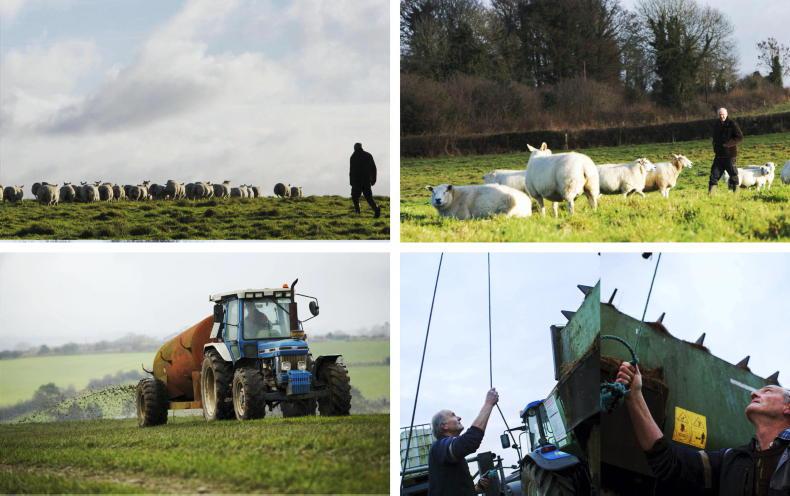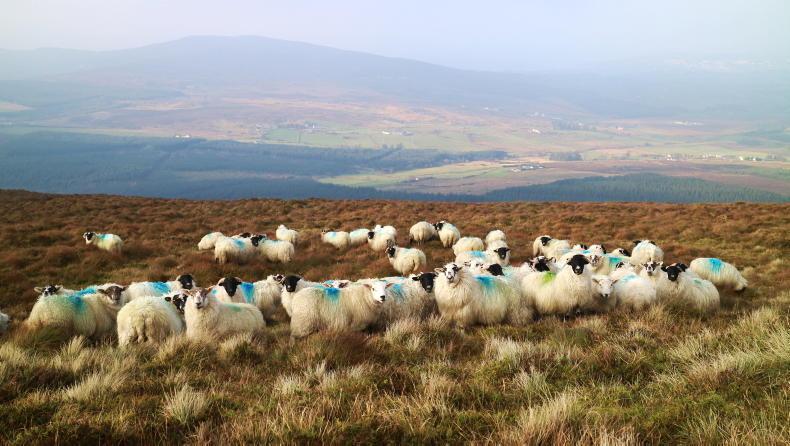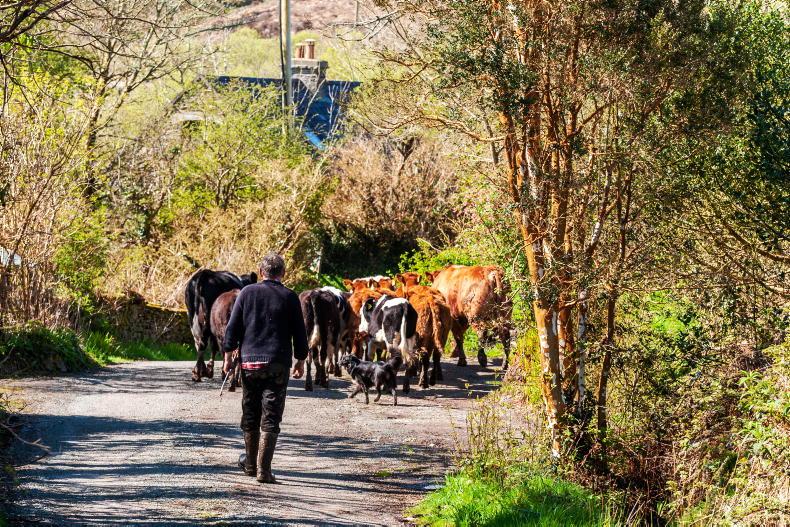Few sectors are as exposed to the whims of politicians as farming. Never will this be more evident than in the coming weeks. Political decisions taken in the next short window on CAP reform, carbon budgets and Brexit protocols will shape our sector for the next generation.
As Barry Cassidy reports this week, a prolonged CAP reform could conclude during what is being billed as “jumbo trilogue” negotiations in Brussels next week. We will likely see the usual theatrics of late-night crisis meetings, but it is widely expected that the European Council, Parliament and Commission will agree a CAP position ahead of the EU presidency moving to Slovenia in late June.
In recent weeks, all parties have been working to find common ground on convergence, a budget for eco-schemes and the introduction of new compliance measures.
The IFA has a battle on its hands if it is to defend its recently adopted position of limiting the convergence of payments to 75%. While the European Parliament remains focused on 100% convergence, it is understood that negotiating parties are working towards a target of 85%.
Similarly on eco-schemes negotiating positions are edging closer. Proposals range from ring-fencing 20-30% of direct income support within pillar 1. It is believed common ground will be found at an initial figure of 22%, increasing to 25% in subsequent years. There is also an expectation that, despite initial fears around WTO regulations, eco-schemes will deliver a financial incentive to encourage farmer participation.
It places Irish agriculture in the cross-hairs of politicians, not just north and south but also in Britain and the EU
It is easy for politicians to talk percentages in the midst of negotiations, but the reality is that each percentage shift in either direction affects the economic viability of thousands of Irish farmers. This reflects the lack of political will to deliver a CAP budget with the capacity to reward farmers for optimising the food production capacity of their farm and for maximising the environmental dividend.
Meanwhile, in the coming weeks, a political decision will be taken at national level that – as Prof Gerry Boyle pointed out at the launch of the Teagasc Signpost programme – could threaten the existence of Irish farming. The Teagasc director was referring to what he called unreasonable requests on the sector to substantially reduce biogenic methane.
The extent of these requests will become clearer in mid-June when the Climate Change Advisory Council produces national carbon budgets for 2021-2025 and 2026-2030. It will then be down to politicians to allocate these budgets to each sector, including agriculture. If it is required to deliver a substantial reduction in biogenic methane, it will not be possible without a substantial reduction in cow numbers. It will not just be farmers hit. Prof Boyle warns of the adverse impact on livelihoods in rural Ireland and within the wider rural economy.
NI protocol
Against such a backdrop, the increased political uncertainty around Brexit and the Northern Ireland protocol is a cause of further concern. It places Irish agriculture in the crosshairs of politicians, not just north and south but also in Britain and the EU. Calls by incoming DUP leader Edwin Poots for the Northern Ireland protocol to be removed and the suggestion by the British government that it could use force majeure to remove its obligation to the protocol have seen political tensions with Dublin and Brussels ratchet up. This could easily spill over into trade tensions which, as Phelim O’Neill reports, could seriously affect farmers either side of the border.
Ultimately, the next ten weeks will showcase the extent to which the farm lobby has been successful in landing its message both within Brussels and at national level.
In relation to CAP, there is no doubt that having failed to deliver on promises of an increased budget, they are starting on the back foot. The IFA strategy of sticking with upward only convergence until just weeks before the final negotiations will be tested and success will be measured against delivery – as it will be for Minister for Agriculture Charlie McConalogue. For a minister who is largely untested, his defence of the sector both in Brussels and around the Cabinet table in the weeks ahead will ultimately prove his ability or otherwise to farmers.









SHARING OPTIONS